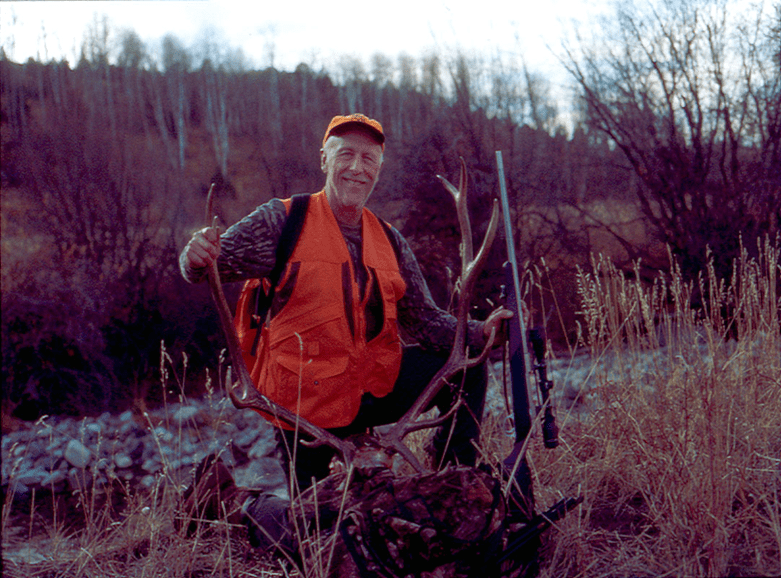Freebird134, good questions and I can only answer as the editor who chose to run the article.
I found it interesting because even as a Christian myself, I didn’t really know what other people of my faith and other faiths around the world really thought about hunting. I figured if I didn’t know, maybe others did not either. That’s all.
Maybe the author will chime in.
_______________________
To Freebird 134
From James Swan
The future of hunting in this modern age of Information, I believe is going to be heavily dependent on how hunters, now a minority group, are perceived by not just hunters, but society in general, as currently there are about as many anti-hunters as there are hunters.
Attitudes about things are developed both by individuals and social norms. What I aimed to do by writing this article is to show how religion can support hunting. It’s not the only social factor that creates or kills off attitudes by any means, but religion is a very important part of culture and ideally religion touches the heart of the soul.
I began college as a wildlife management major, but then I switched to conservation education, resources planning and creating a new field blending conservation and human behavior – environmental psychology. (My Ph.D. from U. Michigan was the first in environmental psychology, and I helped set up that division in the American Psychological Association.)
My initial research was looking at how people develop environmental attitudes. (I have written a book about this, NATURE AS TEACHER AND HEALER.) It is very clear from my data and that of others that strong positive personal experiences are a key to developing what Leopold called “The Ecological Conscience.” Religion, for most people has a very strong personal experience content. So, you combine the experience of hunting with religion, and it breeds conservationists. This has been the case of human nature for thousands of years. In my research on environmental attitude formation, I also looked at how other cultures perceive nature. This has included traditional cultures – American Indians, Inuit, Polynesians, East Asians, and Scandinavians. (The Swans are descended from the Sweyns of Normay, Saami.)
What I found in all traditional cultures was that hunting and religion were very closely tied together. In addition to my book, THE SACRED ART OF HUNTING, I would recommend Dr. Richard Nelson’s book MAKE PRAYERS TO RAVEN that covers much of the same territory.
Certainly there are many other aspects of culture that influence hunting, but religion is a powerful force and hunters now are a minority group that needs all the support they can get.
I also wanted to share my study of how religion and hunting do work together as some anti-hunters try to use religion to attack hunting, and it may be their idea of this attitude, but it does not work globally. And as the number of hunters decreases, hunting needs all the support it can get from as many different aspects of culture. Cultural elements shape attitudes. Religion is one element. So are our schools and politics. And most importantly, in The Information Age, mass media shapes attitudes about hunting. And mass media these days tends to be 10-17 times more negative and sensational that being simply objectively reporting the news, as we were taught in journalism many years ago.
Today my focus is on mass media. That’s how we shape attitudes and we need to have more mainstream media show hunting in a positive light. Hopefully calling attention to how religion in general supports hunting, will inspire people to acknowledge that. Also, I have encountered animal rightists who try to use religion to argue against hunting – especially using Asian religions like Hinduism and Buddhism to justify their beliefs. We do not teach much about other religions in schools, so that makes for a weak point. As I point out, Hindus in India do eat meat. They don’t hunt that much because there are so many people in India, many of them hungry, and wildlife is not that abundant. The Dalai Lama eats meat. Many Buddhists do, too. I once helped produce a concert by the Guyuto Monks and they all ordered Big Macs before going on stage.
I talk more about the psychology of hunting in my book, IN DEFENSE OF HUNTING. There is no research to show that hunters in general are bad people, and many of the best-known psychologists of the 20th center were hunters – Erich Fromm, Carl Jung, Karl Menninger, Jerome Bruner, etc. – and they talked about the “hunting instinct” was part of the human soul. For thousands of years, religion has helped guide that soul.
I just wanted to expand on that a little in the article.

